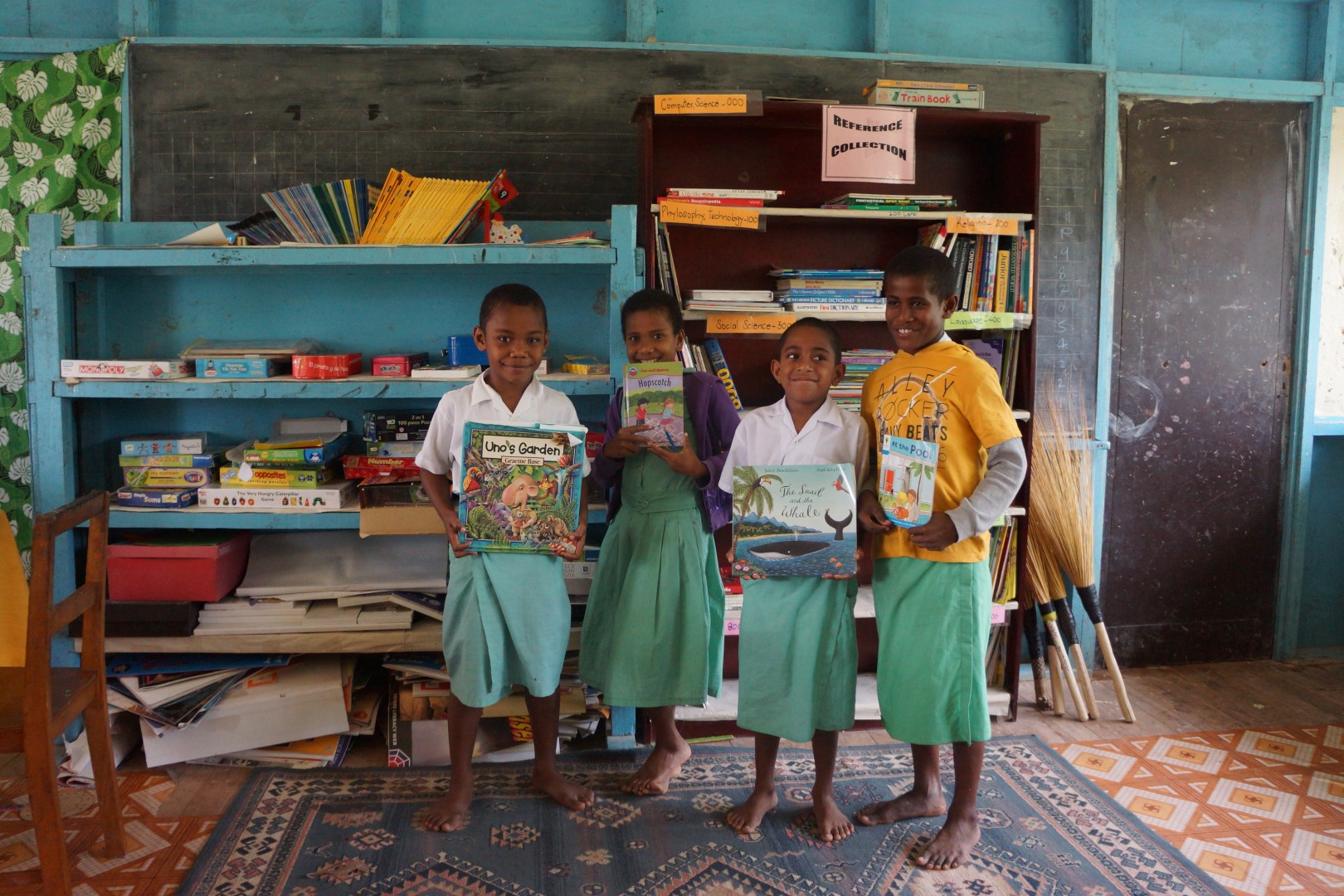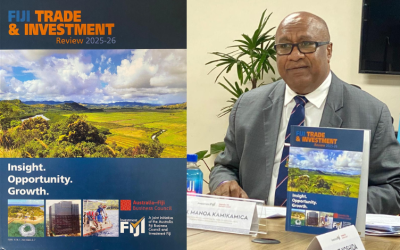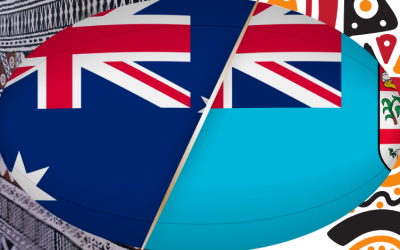By Samantha Cook
The Rainbow Fish, The Very Hungry Caterpillar, Dr Seuss – everyone has a childhood book they remember. Those books instilled values; inspired our imaginations and taught us to read. In fact, early childhood reading through schools, public libraries and our families has put many of us on the trajectory we find ourselves today.
There is a different story being told in Fiji, particularly in the remote and interior sections. With some public schools being funded on less than $1/day per student, sadly access to books is not a right, but instead a privilege.
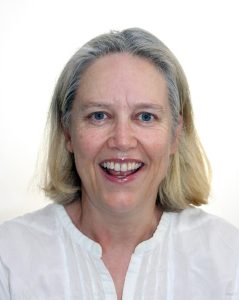
Fiona Luth (pic supplied)
In 2012 Fiona Luth, visited Kadavu and saw this reality. Being a former English teacher, Fiona knows all too well the power of literacy as the foundation for all education. To address this gap, Fiona founded Fiji Book Drive, a charity that advances educational outcomes and life opportunities for Fijian children through collecting and repurposing children’s books in Australia to curate library collections which are then donated to villages throughout Fiji. Since 2012 Fiji Book Drive has donated 348,504 books to schools and kindergartens in Fiji.
Reflecting on Fiji Book Drive and its impact Fiona said, “We are part of a nation building movement. We have helped whole islands and multiple islands and provinces in Fiji. We are investing in the present and the future by providing quality, curated library collections to schools and kindergartens in Fiji.”
As literacy is an indicator of, and contributor to economic development, promoting literacy is something businesses ought to consider. “Shared value” centres around the idea that businesses should develop strategies which consider social issues to ultimately enhance profitability and positive social impact.
Put simply, a highly literate population will build a well-educated workforce and ultimately enhance business outcomes – education starts with literacy – readers are leaders.
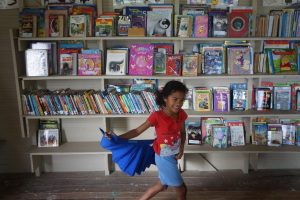
Drue skipping through library (pic supplied)
Unfortunately, there is a crisis brewing. The recent withdrawal of US Aid throughout the Pacific, which accounted for around 7 per cent of total aid funding throughout the region over the last decade, means the funding and programs which support education and health in Fiji will be affected. While charities can help bridge this gap, an even more impactful solution is to better leverage the private sector to develop meaningful partnerships which meet both the social mission and objectives of the charity as well as addressing business needs.
When asked what a corporate partnership means to Fiji Book Drive, Fiona said, “It’s a relationship founded on mutual trust and with the idea that through leveraging one another’s strengths we can efficiently collaborate to expand social impact. For example, we have created a strong book collection network in Australia, however we need ongoing support with shipping and logistics to enable those books to get to Fiji. We also need to continue to expand the reach of our charity’s work and message in Australia and Fiji – whether that’s through co-branded marketing initiatives, volunteer days we would love to work with businesses that have a tangible link to Australia and Fiji, who appreciate the challenging operating environment, and who share our vision for promoting literacy and developing Fiji’s next generation of leaders.”
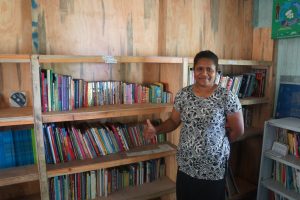
New Library (pic supplied)
For any Australian company with business and operations in Fiji, education and literacy are important issues to consider when developing your business plans and strategies to support longer-term workforce development. Through leveraging one another’s respective strengths and meaningful partnerships, there is opportunity for the charitable and private sectors to be a catalyst to support positive education outcomes.
If you would like to know more about, or partner with Fiji Book Drive, please contact Fiona Luth via email: fionaluth@fijibookdrive.org and visit Fiji Book Drive’s website: https://www.fijibookdrive.org/
Samantha is a Non-Executive Director of Fiji Book Drive and is an Australian and Fijian qualified lawyer who has lived and worked in Fiji. All views expressed are her own.
